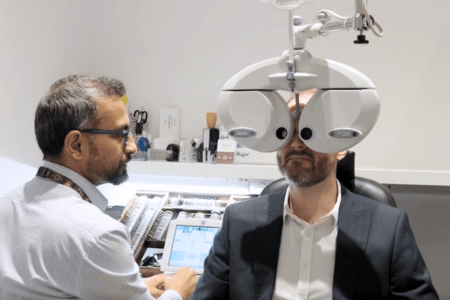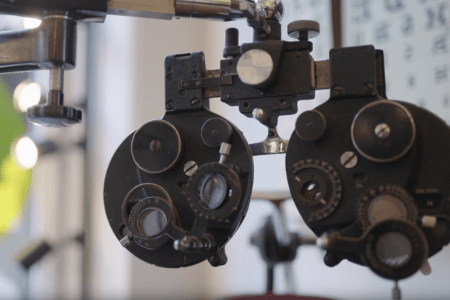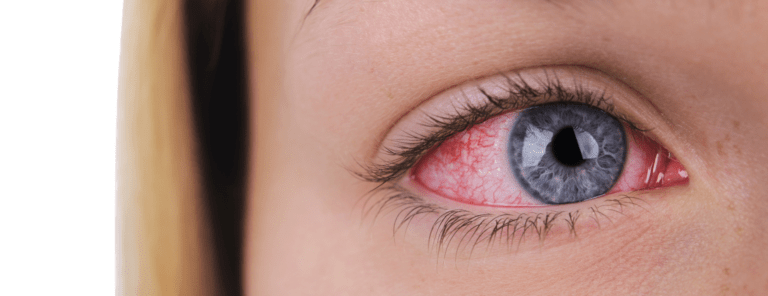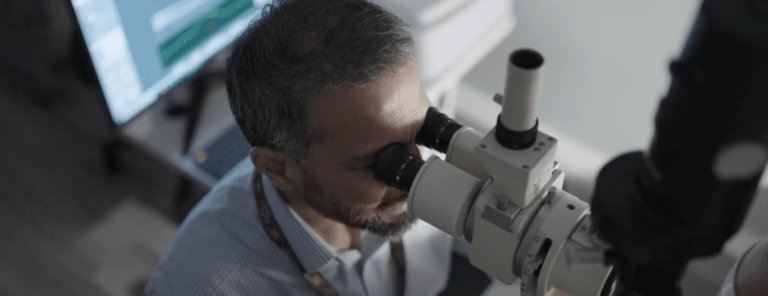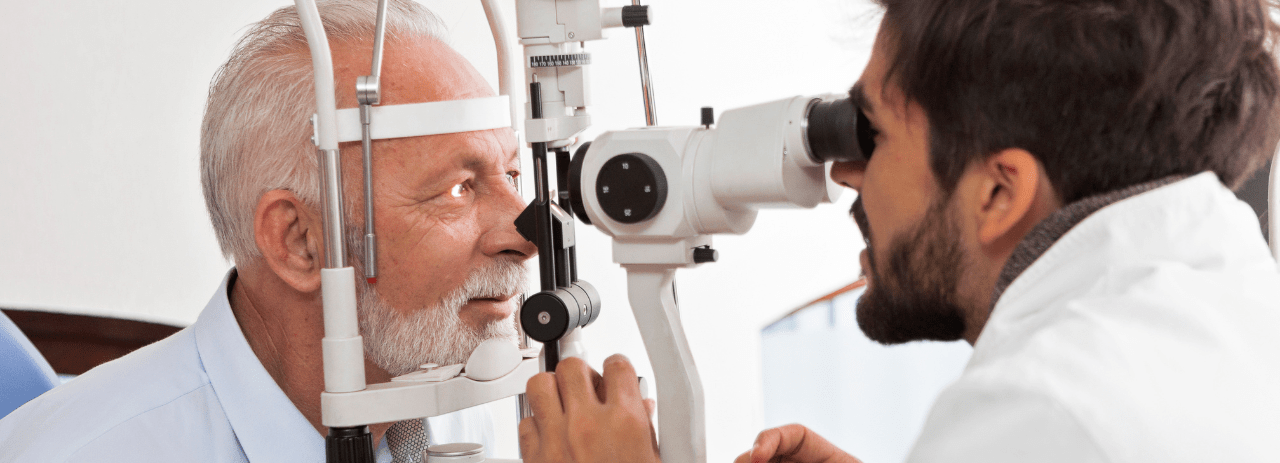
Glaucoma – The effects, Diagnosis and Treatment
It is a common eye condition, which damages the optic nerve and can cause permanent eye damage.
In the early stages of glaucoma, there are oftentimes no symptoms. This makes the condition extremely dangerous. Once sight is lost, it cannot be recovered. This is why it is so important to have regular eye tests, where any abnormalities can be picked up by a professional.
WHAT CAUSES GLAUCOMA?
Glaucoma is caused by a number of factors, which can include:
- Increased internal pressure of the eye when fluid is unable to successfully drain
- Poor blood flow to the eye
- Genetic factors (family history, etc)
These factors can damage the optic nerve and affect the peripheral vision. Surprisingly, this condition often goes unnoticed by the patient; it can lead to blindness if left untreated.
Many people with glaucoma do not experience pain or symptoms of increased pressure. However, you may be at risk if:
- You are over 40 years of age
- You have a family history of glaucoma
- You are at increased risk of health conditions such as diabetes
Our eye care professionals recommend you visit your optometrist every year for a complete eye examination to ensure diagnosis and treatment before a visual loss occurs.
WHAT DOES GLAUCOMA LOOK LIKE?
Below you’ll see a visual representation of eyesight loss over time from glaucoma. If you notice even a slight change in your sight you should not delay an eye examination.
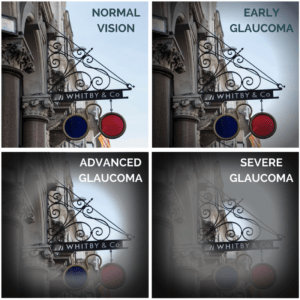
COMMON TYPES OF GLAUCOMA:
CHRONIC OPEN-ANGLE GLAUCOMA
This is the most common type of glaucoma and develops very slowly. Because the early stages of chronic glaucoma do not cause symptoms, the best way to catch it early is to have regular eye examinations.
DIAGNOSIS & TREATMENT OF CHRONIC GLAUCOMA
Chronic glaucoma can be treated effectively by taking eye drops every day, to reduce the pressure, help control the build-up of fluid, and minimise future damage.
Because you will not feel different in any way while on treatment, you will not notice that the treatment is working; but things can get much worse if the treatment is stopped.
This is why it is very important that you:
- Keep on using the drops. If you find it hard to use the eye drops, try special bottles or holders to make it easier
- Attend all follow-up appointments
Because chronic glaucoma causes no symptoms at first, if you are at risk you must have regular eye examinations to detect it early, as any damage to the eyes cannot be reversed.
ACUTE OR PRIMARY CLOSED ANGLE GLAUCOMA
This can affect people very suddenly, making them feel nauseous and causing great pain to the eyes with blurred vision. This tends to be more likely at night or in a poorly lit area as the pupil gets larger. Other symptoms include an eye ache that comes and goes, red eyes, seeing coloured rings around white lights, or sight that is hazy.
DIAGNOSIS & TREATMENT
If you get these symptoms, it is important to act quickly, even if the symptoms appear to go away, as your vision may be damaged each time the symptoms occur. In these cases, immediate assessment is advised with your eye doctor and explain the symptoms you have experienced.
LOOKING AFTER YOUR EYES
With any type of glaucoma, regular eye examinations are important to detect progression and prevent vision loss.
An eye examination is a vital health check and should be part of everyone’s regular health care. If you have any concerns about the health of your eyes, please call Whitby & Co on +44 20 7353 4455 to arrange an appointment. Alternatively, you can make an appointment online.

